A renowned Southern Baptist evangelist preacher and North Carolina native, the late Billy Graham has more connections with Wake Forest than most students may know.
President Nathan Hatch and Graham both attended Wheaton College in Wheaton, IL. More significantly, Graham visited Wake Forest’s campus in 1962 and in 1984.
Thousands worldwide mourned after Graham passed away on Feb. 21 at the age of 99 in his home in Montreat, NC.
“[Graham] was the most enduring and perhaps the most beloved preacher in American religious history,” Bill Leonard said, an expert on Graham and professor of church history in the School of Divinity at Wake Forest.
Coined the “Pope of Protestant America” by The New York Times, Graham made significant global steps for evangelism, sharing Christianity with 215 million people in over 185 countries. Graham became the first to engage religion with innovative technology such as radio, television and film to reach wider audiences.
In the midst of the world’s political unrest and partisan division, Graham represented something different than religious leaders today; he remained politically neutral. Although he was a religious advisor for 12 presidents, from Truman to Obama, and attended eight inaugural ceremonies, Graham found a way to stay nonpartisan and stand firm to his religious calling.
“Evangelists cannot be closely identified with any particular party or person,” Graham stated in a 2013 interview with The New York Times. “We have to stand in the middle in order to preach to all people, right and left.”
Yet in the aftermath of Graham’s death, nonpartisanship has been endangered, especially among religious leaders.
“For someone like Franklin Graham (Billy Graham’s son) and other religious leaders to back [President Trump] just because he’s a part of the Republican Party says to me that there are two widely diverging versions of Christianity in America,” said James Franklin, campus minister for the Episcopal Campus Ministry. “People who are in the millennial generation have this no-BS filter, and they see the hypocrisy of the contrast.”
In the 2016 polls, President Trump carried Protestants, Catholics and 81 percent of Evangelicals, which were some of his largest supporters and also Graham’s main audience. Between his extramarital affairs with porn stars and misogynistic comments, Trump’s actions contradict core Christian values. Regardless, religious leaders continue to back him and his policies.
As generations evolve, moods and opinions on religious involvement within politics seem to be shifting, and the current generation of Wake Forest students are aware of this shift.
“It’s funny to think that [evangelists] would vote for a man that is so egregiously unqualified in many ways to further their agenda,” senior Lauren Tarde said. “But it doesn’t come down to them wanting to have a cup of coffee with Trump, it comes down to the Supreme Court.”
Presenting insight into the intersection of religion and politics in today’s world, Tarde raises the question of how much religion affects politics, a question that still seems to produce tension and discourse in America. While the separation of church and state is required by the Constitution, some interpret it differently.
“I think Jesus was inherently political,” Franklin said. “We’d be remiss to think that religion and politics are two separate things. Sure, [there is] separation of church and state, but I am still guided by Christian moral ethics, and that’s going to affect what policies I think are going to be in line with that.”
There seems to be a dilemma and disagreement about Christians’ role in politics. Graham led a life with love and acceptance as a guide, simply keeping his focus on uniting all different denominations and the Christian faith as a whole.
“My take on [politics in religion] will always be what the Bible tells as truth, whether that’s a part of the Republican or Democratic beliefs,” said junior Genevieve Paucious. “At the end of the day that’s what Christianity is about: loving other people, whichever party, in a Christ-like manner. That’s really what Graham represented.”








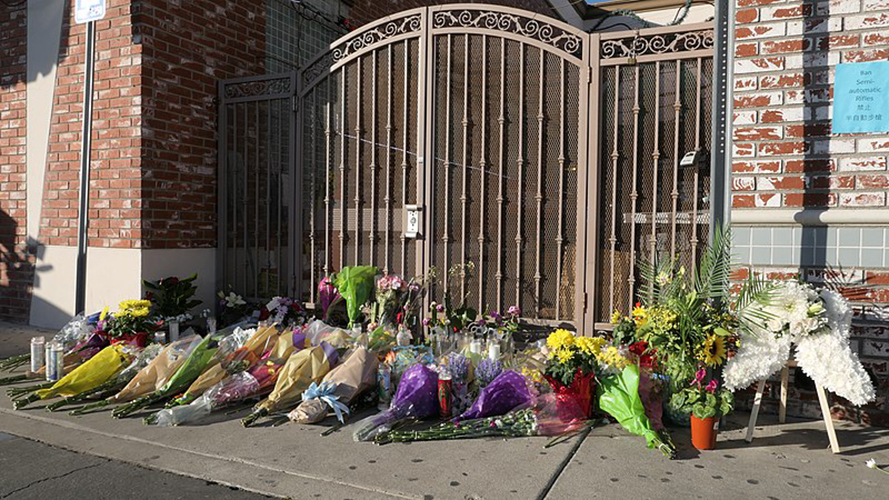
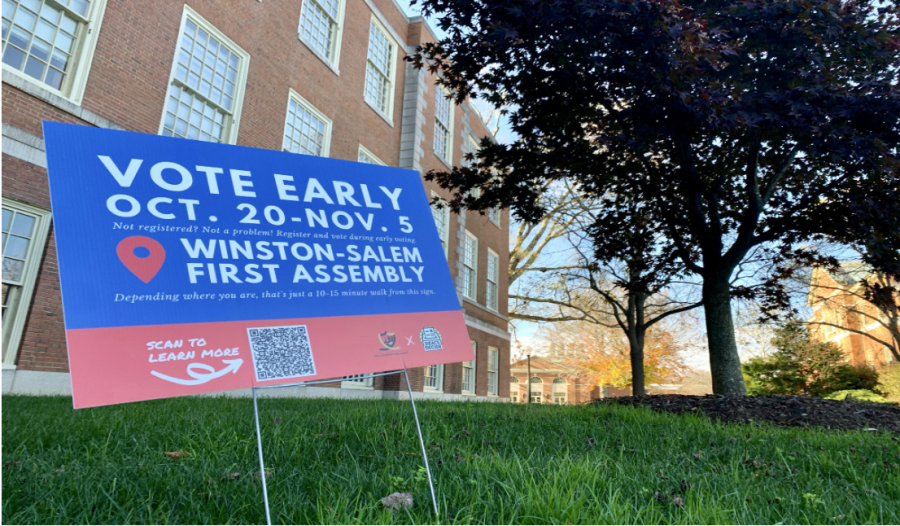
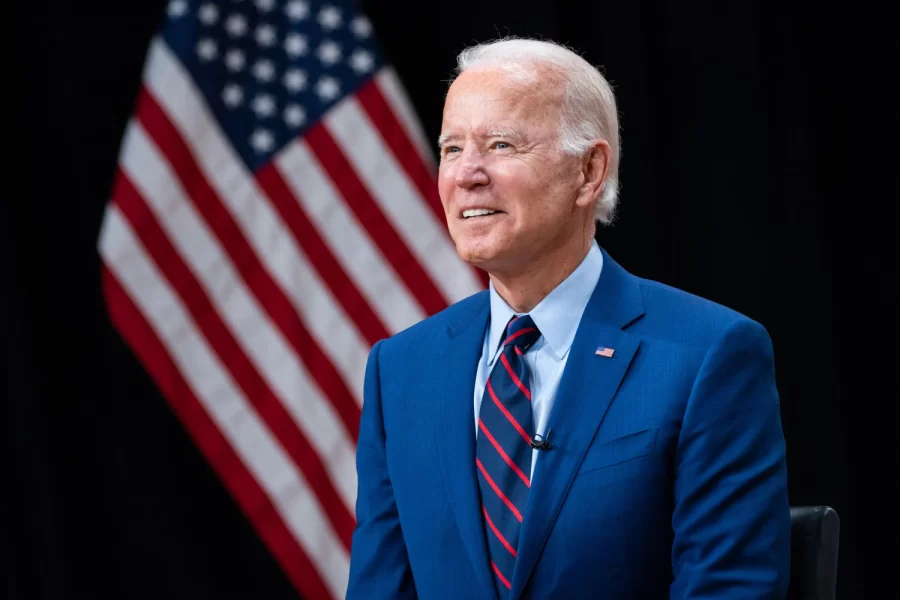
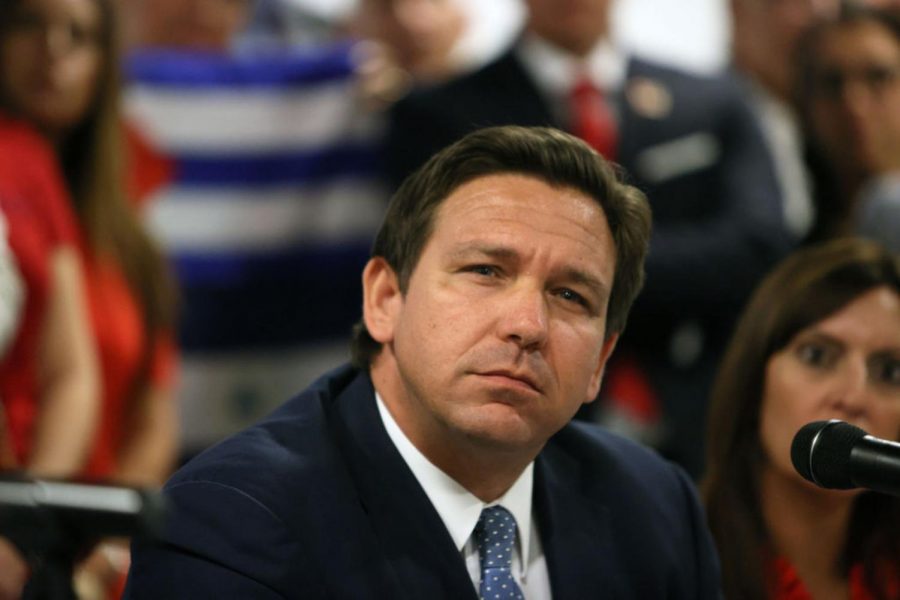
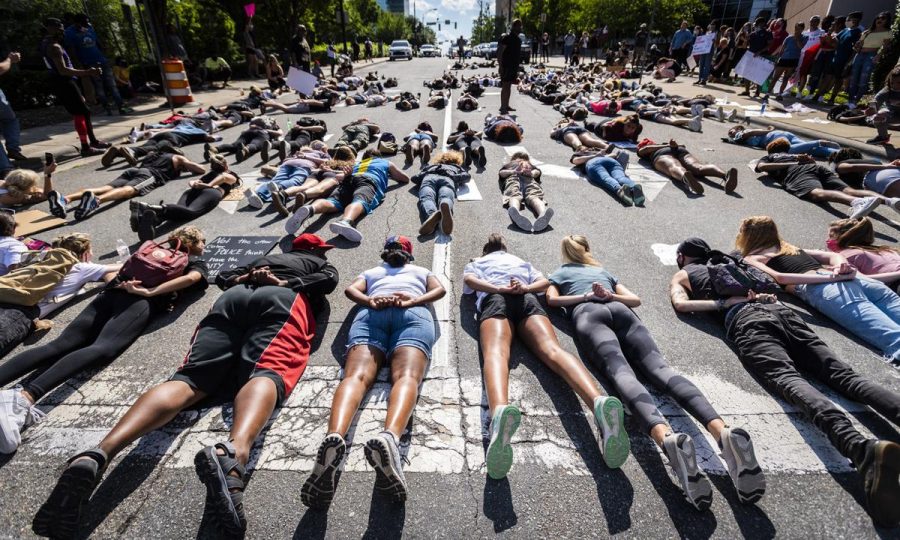
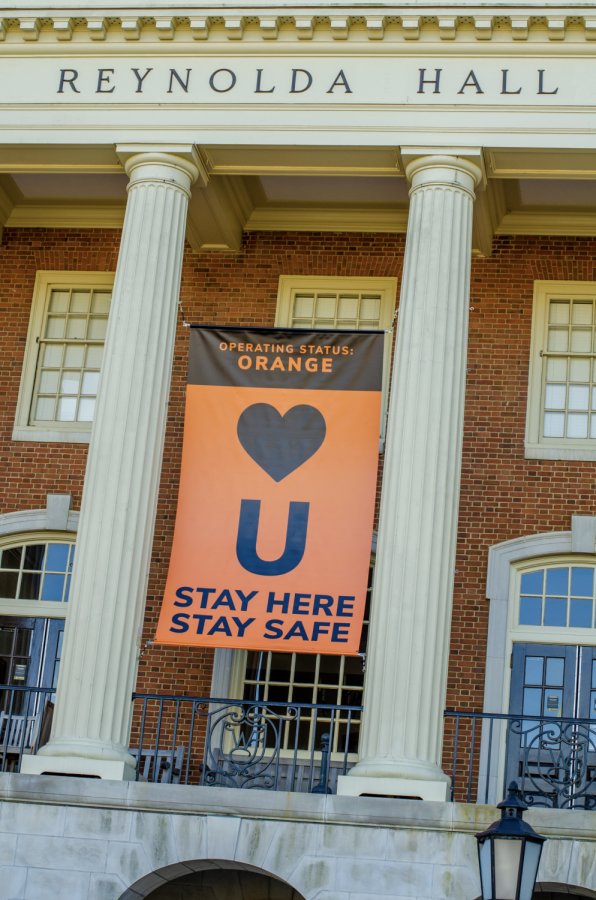






TD • Mar 21, 2018 at 10:31 am
Rev Graham publicly questioned if JFK should be president because he was a Catholic.
Dean Shore • Mar 26, 2018 at 4:40 pm
He was not the only one at the time. Most non Catholics questioned it at that time. But then Rev. Graham became one of Kennedy’s spiritual advisors.
Dean Shore • Mar 19, 2018 at 10:25 am
I was a little disappointed in this article about the Rev. Billy Graham. Despite the title stating Rev. Graham being bipartisan the writer chose to turn much of the article to the discussion of politics which Rev. Graham spent most of his life trying to avoid. Although he made mistakes, the Rev. Graham had so many positive attributes that the article could have highlighted but chose not to. As a student in the early 80’s at Montreat College I had the honor of being with the Grahams on a number of occasions as well as having Mrs. Graham as my Sunday School teacher. Rev. Graham was very different from his son, Franklin, and learned very quickly to stick to his main message of Christ and Christ Alone.